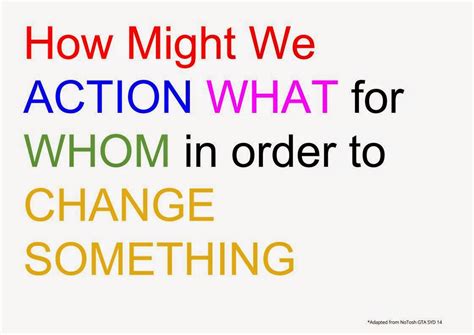The Foundation of Lasting Connection
Communication is the lifeblood of any healthy relationship. It’s not just about talking, but about how we talk, listen, and respond. Tactical communication skills are intentional strategies that can profoundly impact a relationship’s depth and resilience, turning potential conflict into opportunities for growth and fostering a deeper bond.

Boosting Intimacy Through Intentional Dialogue
Intimacy isn’t solely physical; it thrives on emotional closeness and mutual understanding. Cultivating this requires specific communication tactics:
- Active Listening: Go beyond merely hearing words. Lean in, maintain eye contact, nod, and offer verbal affirmations (“I understand,” “Tell me more”). Reflect what you hear to ensure comprehension: “So, what I’m hearing is…” This shows your partner they are truly being heard and valued.
- Expressing Appreciation and Affirmation: Regularly articulate specific things you appreciate about your partner or their actions. Simple compliments, gratitude for small gestures, or acknowledging their efforts can create a positive emotional bank account, making both partners feel seen and loved.
- Vulnerability and Openness: Sharing your true feelings, fears, and desires – even when uncomfortable – invites your partner into your inner world. This mutual sharing fosters trust and deepens emotional bonds, creating a safe space for authentic connection.
- Empathy and Validation: Try to understand your partner’s perspective, even if you don’t agree with it. Validate their feelings by acknowledging them: “I can see why you’d feel frustrated about that,” or “It makes sense that you’re sad.” Validation doesn’t mean agreement, but acceptance of their emotional reality.

Resolving Disputes with Strategic Communication
Disagreements are inevitable, but their resolution determines a relationship’s strength. Effective conflict resolution isn’t about avoiding arguments, but about navigating them constructively:
- “I” Statements: Shift from accusatory “You always…” statements to “I feel [emotion] when [situation] because [need/impact].” For example, instead of “You never help around the house,” try “I feel overwhelmed when tasks pile up because I need more support.” This focuses on your experience rather than blaming, making your partner less defensive.
- De-escalation Techniques: When tensions rise, take a break. Agree to pause the discussion and revisit it later when both are calmer. This prevents emotional flooding and allows for rational thought. Using a soft tone and body language can also signal a desire for resolution, not conflict.
- Focusing on Solutions, Not Blame: Instead of dwelling on who’s at fault, direct energy towards finding a mutually agreeable solution. Brainstorm ideas together, compromise, and be willing to let go of needing to be “right.” The goal is partnership, not victory.
- Repair Attempts: During or after a disagreement, make efforts to mend the emotional fabric. This could be a joke, an apology (“I’m sorry for how I spoke”), a gentle touch, or acknowledging your part in the conflict. These small gestures can prevent emotional wounds from festering.

The Power of Practice and Patience
Like any skill, tactical communication requires practice. It might feel awkward initially, but consistency is key. Don’t expect perfection immediately; focus on small improvements and acknowledge your partner’s efforts. Regularly check in with each other about how communication feels and what adjustments might be helpful.
Remember that communication is a dynamic process. What works today might need slight adjustments tomorrow. The willingness to adapt, learn, and grow together is a cornerstone of a robust and intimate relationship.

Building a Stronger, More Resilient Bond
By intentionally applying these tactical communication skills – from deeply listening and expressing appreciation to using “I” statements and making repair attempts – you transform everyday interactions into opportunities for deeper connection. These strategies not only resolve conflicts more effectively but also proactively build a foundation of trust, understanding, and emotional intimacy that makes your relationship resilient, joyful, and truly stronger.




